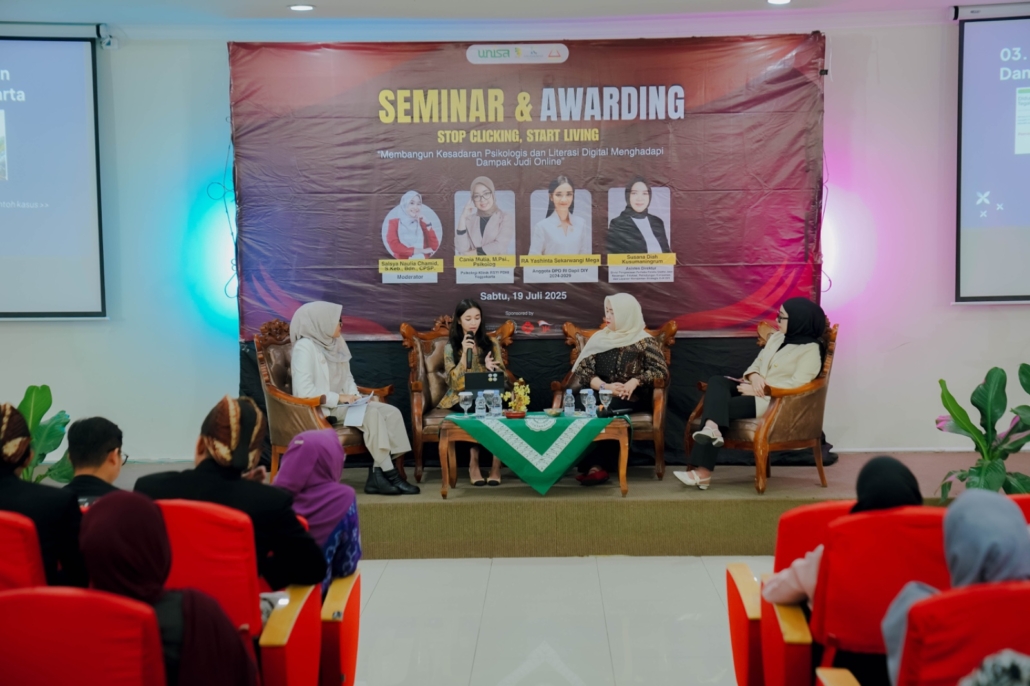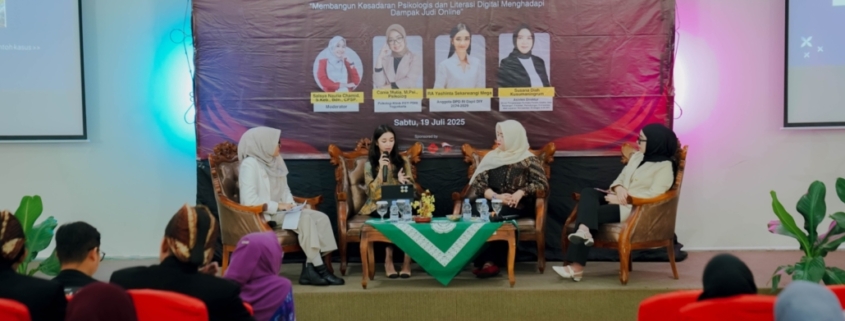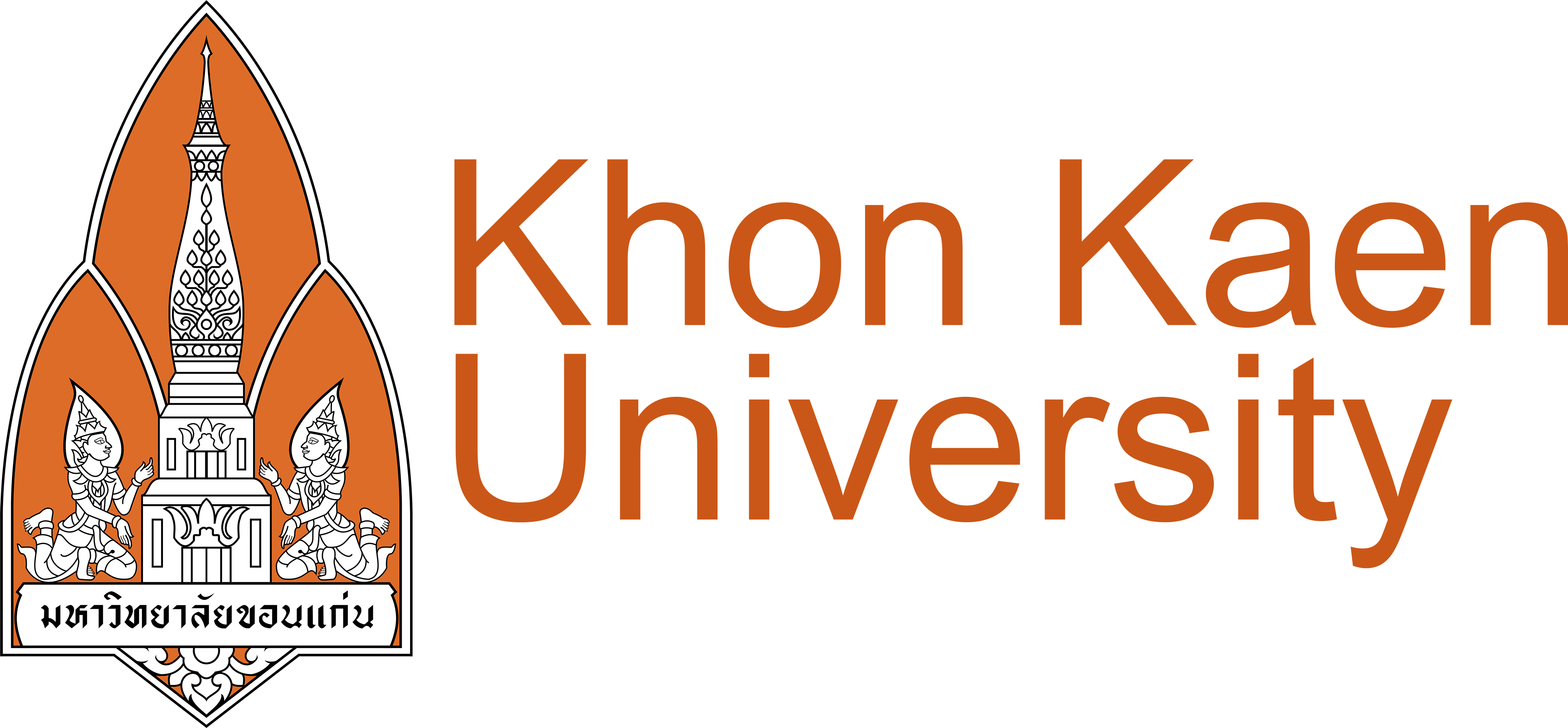Online Gambling Threatens Young People: From Debt to Mental Health Issues
Online gambling (Judol) remains a real threat to various segments of society. Debt spirals and criminal activities are often triggered by addiction to online gambling. The allure of big profits, but in reality, significant losses, are the result of online gambling.
“Online gambling has become a threat, not just financially. This phenomenon causes psychological issues, social impacts, and damages the future of the younger generation. How tragic that judol cases are now spreading to illegal online lending,” said Warsiti, Rector of Universitas ‘Aisyiyah (Unisa) Yogyakarta, during the opening of the Seminar & Awarding Ceremony for the 2025 Student Creativity Competition in Communication Studies (Antariksa) titled ‘Stop Clicking, Start Living,’ held at the Baroroh Baried Hall of Unisa Yogyakarta, Saturday (July 19, 2025).
Warsiti hopes that the younger generation will become agents of change capable of preventing the spread of online gambling. This is one of the steps toward cultivating a golden generation by 2045. “Unisa Yogyakarta is committed to building the character and integrity of its students and staff, encouraging them to use technology for positive purposes,” said Warsiti.
During the seminar session, Member of the Regional Representative Council (DPD RI) for the Special Region of Yogyakarta, R.A Yashinta Sekarwangi Mega, revealed data from the Financial Transaction Reports and Analysis Center (PPATK) showing that the number of gambling transactions reached 39,818,000 transactions. The turnover of funds is estimated to reach 1,200 trillion by the end of 2025.
Sadly, many young people are caught up in this vicious cycle of gambling. Data on the amount of deposits based on age shows that those aged 10–16 have deposited more than Rp2.2 billion. Those aged 17–19 have deposited more than Rp47.9 billion. Finally, those aged 31–40 have deposited more than Rp2.5 trillion. “Today’s reality is a challenge we all face. Online gambling is like a sweet temptation at first, but it ends bitterly in the end. Everyone can be affected,” said Yashinta.
Yashinta also provided examples of various criminal acts triggered by debt resulting from online gambling. As a member of the Regional Representative Council (DPD) of the Republic of Indonesia, Yashinta mentioned that her party is collaborating with the Financial Services Authority of the Special Region of Yogyakarta (OJK DIY) to support the prevention of online gambling.
One important aspect, according to Yashinta, is improving digital literacy. This can be done through community-based initiatives or by encouraging family and community involvement. “So, within social circles, people should remind each other. Within family circles, friends can also remind each other,” said Yashinta.
Psychologist Cania Mutia from RSIY PDHI Yogyakarta revealed that online gambling is currently like an iceberg phenomenon. “It may seem small, but it is very widespread. One dies, a thousand grow. Online gambling is an issue of self-identity,” said Cania.
Cania revealed that there are at least four cycles of gambling addiction. First, the winning phase, where initial wins bring euphoria and overconfidence. Second, the losing phase, where losses trigger a desire for revenge. Third, the desperation phase, where severe addiction causes gamblers to become increasingly entangled. “Fourth, the giving up phase, where awareness of the impact leads to seeking help or further decline. Awareness often comes from losing all one’s money or being arrested by the police,” she said.
Gambling is an addictive disorder similar to substance addiction in drugs. Gambling causes psychological symptoms known as gambling disorders, which involve emotional and behavioral disturbances, can lead to mental health issues, and impact daily life.
Cania suggests building resilience. Start by creating a financial plan, engaging in self-reflection, and identifying triggers that lead to the desire to gamble. Additionally, manage stress in healthier ways. “Build strong social support, limit and remove access to online gambling sites. Find hobbies and alternative activities,” said Cania.
Gambling is often linked to online loans (pinjol). Many people are trapped in illegal online loans. Illegal online loans can also endanger the public. One example is that illegal online loans impose unlimited interest and penalties.
Assistant Director of the Division of Supervision of Financial Service Providers, Education, Consumer Protection, and Strategic Management Services at OJK DIY, Susana Diah Kusumaningrum, said that OJK plays a role in regulating the financial services sector, supervising the financial services sector, as well as protecting consumer and/or public trust. She also urged the public not to be easily tempted by promises of quick, substantial profits.
“I urge the public to avoid online gambling. Be very cautious and do not be tempted. As far as I know, no one has become wealthy through online gambling,” Susana explained.
During the event, Susana also provided financial education. This included caution regarding investments, understanding legal and illegal online loans, and recognizing various fraud schemes.
Reza Al Khifari, Chairman of Antariksa 2025, stated that online gambling cannot be underestimated at this time. He urged all segments of society not to turn a blind eye to the dangers of this phenomenon. “The anti-online gambling campaign is hoped to foster new agents in the fight against online gambling,” said Reza.
This event marks the culmination of the Antariksa series of events, following previous activities such as Antariksa Goes to School, Sapa Warga, and Campaign on the Road. Antariksa 2025 is also part of the 34th anniversary celebrations of Unisa Yogyakarta. The event is supported by various parties, including the Financial Services Authority of the Special Region of Yogyakarta (OJK DIY), Bank Syariah Indonesia (BSI), and RA Yashinta Sekarwangi Mega, a member of Committee IV of the Regional Representatives Council (DPD) of the Republic of Indonesia.















